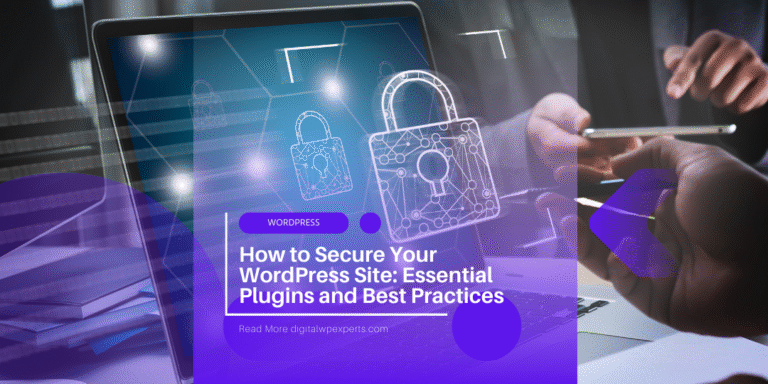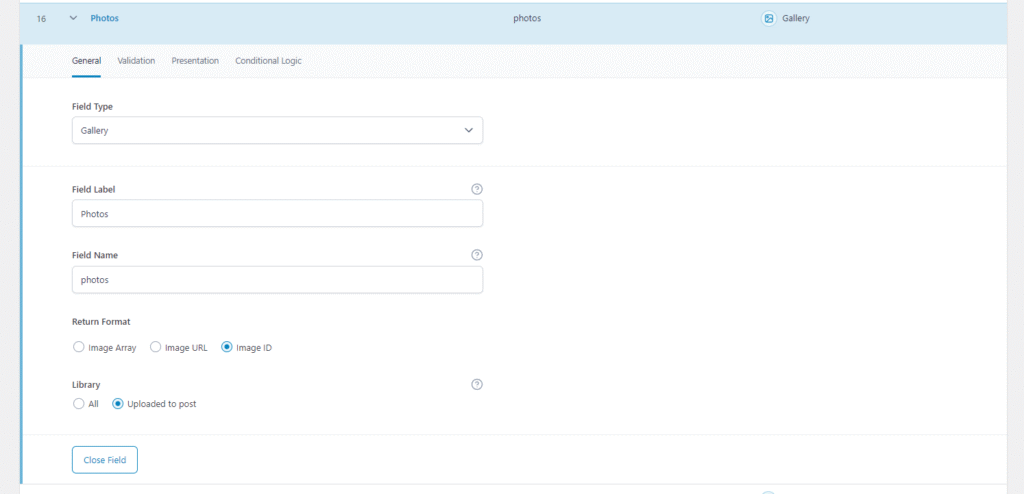Introduction
WordPress powers millions of websites, but its popularity makes it a target for hackers. Securing your WordPress site is critical to protect your data, maintain user trust, and safeguard your SEO rankings. This post outlines key security plugins and best practices to keep your site safe.
Why Security Matters for WordPress
- WordPress sites face frequent attacks: brute force, malware, and vulnerabilities.
- A compromised site leads to data loss, downtime, and SEO penalties.
- Strong security measures reduce risks and protect your reputation.
Essential Security Plugins for WordPress
- Wordfence Security: Offers firewall protection, malware scanning, and login security.
- Sucuri Security: Provides audit logs, malware detection, and blacklist monitoring.
- iThemes Security: Focuses on login protection, file integrity checks, and two-factor authentication.
- Login LockDown: Limits login attempts to block brute-force attacks.
- All In One WP Security & Firewall: Offers easy-to-use security features without coding.
Best Security Practices
- Keep WordPress and Plugins Updated: Updates fix vulnerabilities regularly.
- Use Strong Passwords and Two-Factor Authentication (2FA): Prevent unauthorized access.
- Limit Login Attempts: Reduce brute force risks.
- Regular Backups: Backup your site frequently and store offsite.
- Secure Hosting: Choose hosts with strong security measures.
- Disable File Editing in Dashboard: Prevent attackers from editing theme/plugin files.
- Use HTTPS/SSL: Encrypt data transfer between server and users.
Testing and Monitoring
- Regularly scan your site for malware.
- Monitor login activity and user roles.
- Set up alerts for suspicious activity.
Conclusion
Protect your WordPress site with a combination of trusted security plugins and proactive best practices. Security is ongoing; stay vigilant to keep your site, visitors, and rankings safe.
Discover more from Digital WP Experts
Subscribe to get the latest posts sent to your email.


